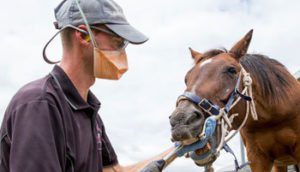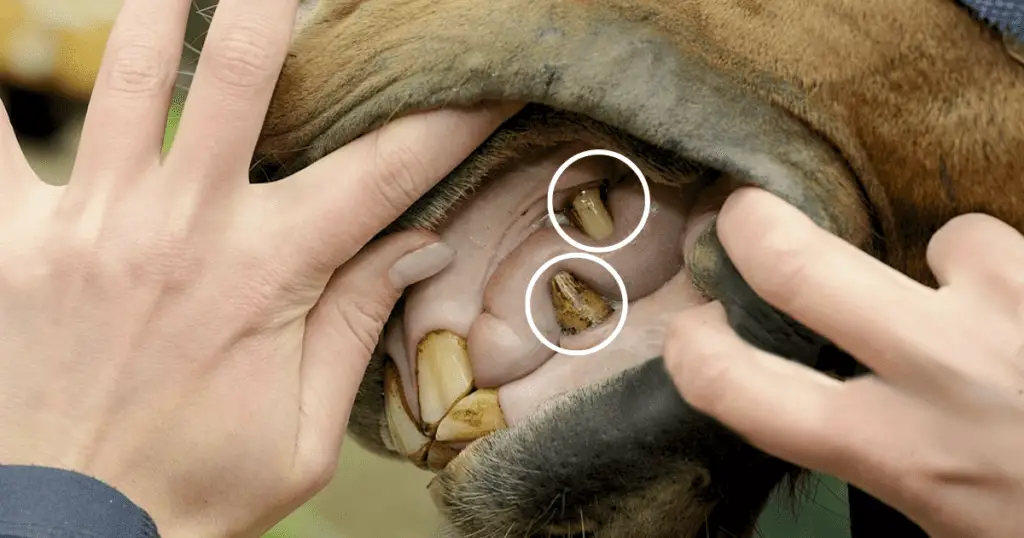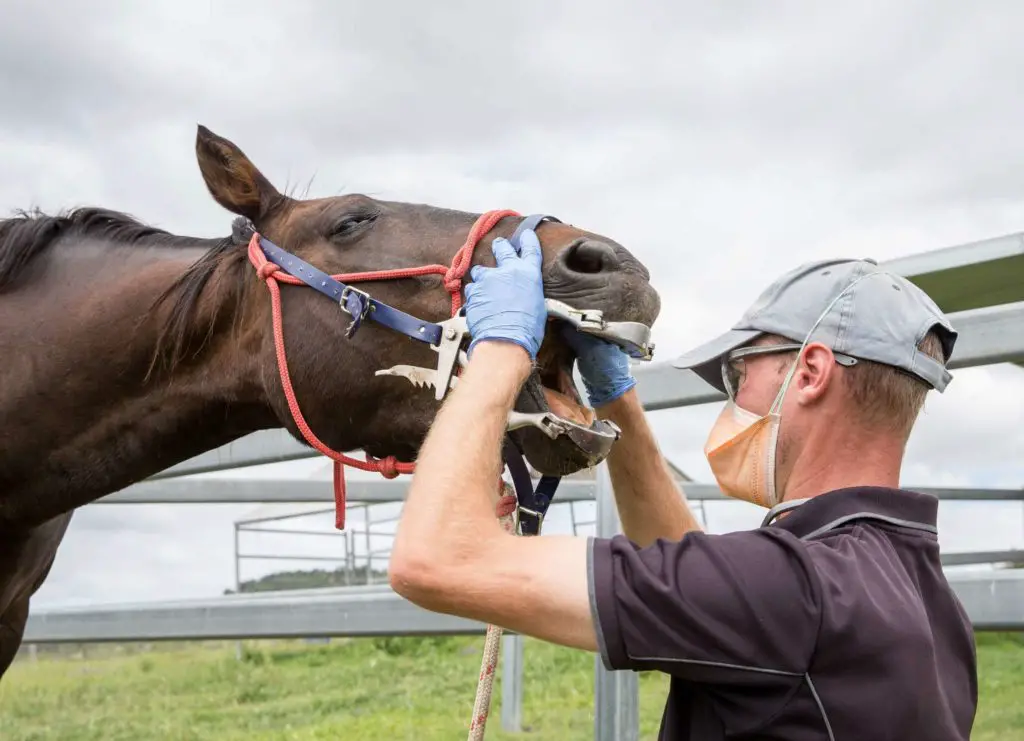Why do I need a veterinarian to do my horse’s teeth?
By far, the most important reason to choose your veterinarian to perform all dental examinations is because they’re a qualified professional. They possess the knowledge and skill to care for your horse’s oral health throughout every stage of life.
Equine dentistry is a growing field and many equine veterinarians are expanding into this area, along with qualified equine dentists. However, equine veterinarians have several important advantages. Here’s the top three…
- Veterinarians can sedate
A qualified veterinarian is authorised to use sedation to keep your horse calm and comfortable during any routine dental procedure. Non veterinarians cannot legally administer sedation.
- Veterinarians can prescribe
A qualified veterinarian is also authorised to prescribe analgesics (pain relief) during — and following — dental procedures that would otherwise be very painful, such as teeth extractions.
- Veterinarians can assess
A qualified veterinarian has extensive training in horse health, allowing them to diagnose and treat health conditions wider than your horse’s mouth. Your veterinarian can examine your horse, provide nutrition advice and assess lameness issues.
In addition, equine veterinarians, including our team at Exclusively Equine Veterinary Services, have access to specialised equipment which can be used on-site or on your own property. At our equine clinic, we have:
- Portable crush
- Portable digital x-ray
- Portable ultrasound
- Portable endoscope
The Dental Examination – What You Can Expect
Most dental examinations will take up to 45 minutes, unless your veterinarian encounters a more serious problem, such as a tooth that requires extraction.
A qualified veterinarian will use a purpose-built crush and specialised equipment, including a full mouth speculum (gag) and powerfloat. This equipment allows them to manually and visually assess your horse’s teeth and gums, and remove any sharp enamel points with the powerfloat.
Every horse under the age of 16 should receive a dental examination at least once a year. Senior horses or those with dental problems may require more frequent treatments.




